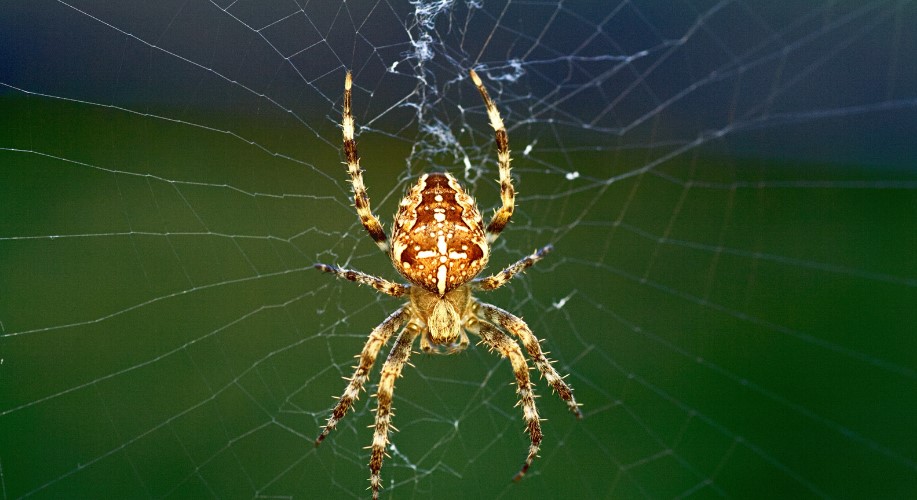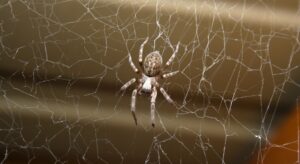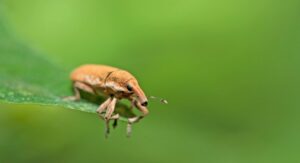Spider bites are a common concern when it comes to pest control and health risks. While most spiders are harmless and even beneficial in controlling other pests, a few species have bites that can cause discomfort, allergic reactions, and in rare cases, more severe health issues. Understanding the potential diseases and health effects associated with spider bites is crucial for effective pest management and safeguarding your well-being. In this article, we will explore the common types of spider bites and the diseases they can cause while also discussing prevention and control measures.
What Diseases Does Spider Bite Cause?
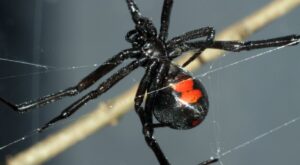
Spider bites often evoke a sense of fear and concern due to their potential to cause adverse health effects. While most house spiders are harmless and cause nothing more than mild irritation, some species can inject venom that leads to various health issues. Let’s see the venomous spiders and the diseases they cause.
Common Types of Venomous Spiders
The most common venomous spiders which cause diseases are,
Brown Recluse Spider
Brown recluse spiders are known for their distinctive violin-shaped marking on the cephalothorax. Bites from these spiders can cause a range of symptoms, including redness, pain, and in some cases, necrotic tissue (skin death). This necrotic tissue can take time to heal and may require medical attention.
Black Widow Spider
Black widow spiders are recognized by their black colour and red hourglass-shaped marking on the abdomen. Their bites can result in symptoms such as muscle cramps, fever, chills, and in severe cases, difficulty breathing. Immediate medical attention is recommended for suspected black widow bites.
Hobo Spider
The hobo spider is often mistaken for the brown recluse due to its similar appearance. While its venom is not as potent, a hobo spider bite can lead to skin lesions and tissue damage. Symptoms may include pain, swelling, and headaches.
Diseases and Health Effects
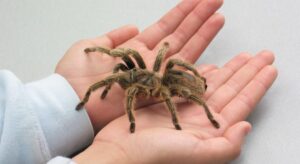
Necrotic Wounds:
Brown recluse spider bites can cause necrotic wounds, leading to tissue damage around the bite area. These wounds may become infected if not treated promptly.
Neurotoxic Effects:
Black widow spider venom contains neurotoxins that can affect the nervous system. Symptoms can range from muscle pain and spasms to severe cramping and difficulty breathing, particularly in vulnerable individuals such as children and the elderly.
Allergic Reactions:
Any spider bite can trigger an allergic reaction in some individuals. This spider infestation may manifest as itching, swelling, rash, or hives around the bite site. In severe cases, anaphylaxis can occur, requiring immediate medical attention.
Prevention and Control Measures From Venomous Spiders
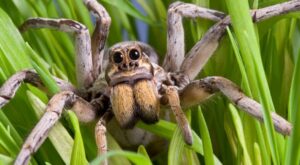
Maintain Cleanliness:
Regularly clean and declutter your living space to eliminate hiding spots for spiders. Vacuum and sweep corners, ceilings, and other potential spider habitats.
Seal Entry Points:
Seal cracks, gaps, and holes in windows, doors, and walls to prevent spiders from entering your home. Use screens on windows and doors to keep spiders out.
Reduce Attractants:
Minimize the presence of other pest infestations that spiders feed on, such as insects and flies. This can help reduce the spider population in your surroundings.
Shake Out Clothing and Bedding:
Before putting on clothing or shoes or getting into bedding, shake them out to ensure no hidden spiders.
Conclusion
While spider bites causing diseases are relatively rare, it’s essential to be cautious and informed about potential risks. Most spiders are not harmful and play a valuable role in controlling other pests. By following preventive measures and promptly seeking advice from pest control services like Empire Pest Control, you can effectively manage the risks associated with spider bites.


